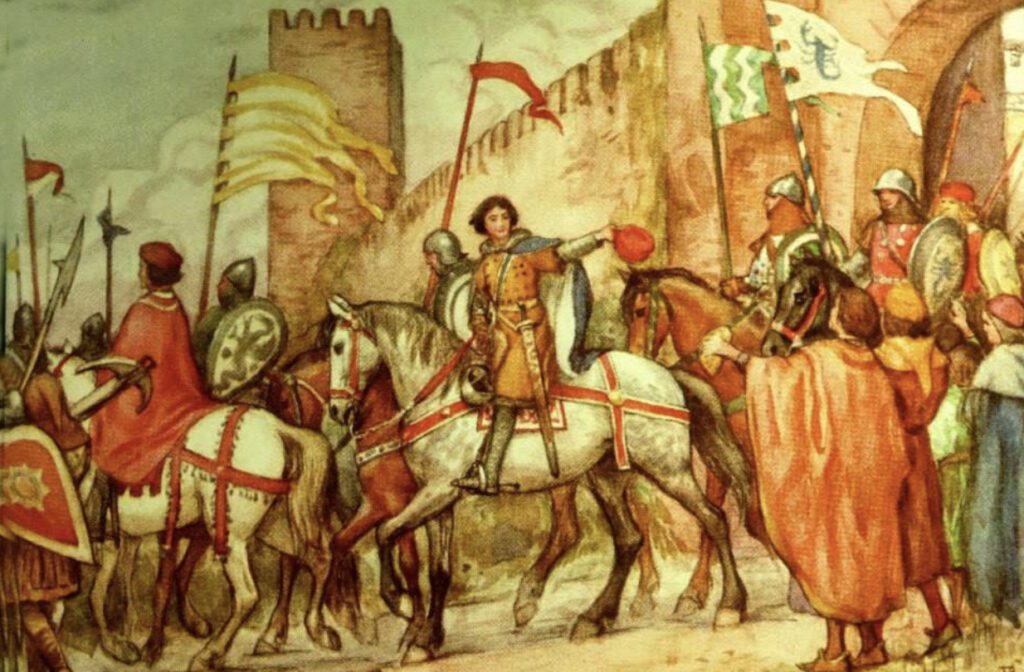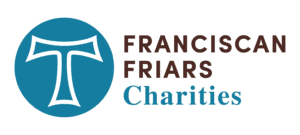At first glance, there would seem to be little connection between Francis of Assisi and our celebration of the Fourth of July.
Francis was known as an ascetic, making him an unlikely gouger at a summer barbeque. He was also zealous in advocating for peace, so he might have been uncomfortable with boisterous fireworks displays.
Yet Francis has much to tell us about the important issues around patriotism raised by our Independence Day. As a young man, Francis willingly enlisted as a soldier to defend his city-state. His patriotism exacted a high price, including being taken as a hostage and suffering wounds.

So, the man from Assisi knew the toll that patriotism can exact. He felt the sense of camaraderie that occurs when countrymen unite for a cause greater than their own safety and the painful consequences.
Still, after his conversion, he recognized that humanity extends beyond one national group or religion.
When he reached out to Sultan Malik al-Kamil in 1219, he crossed the lines between two world empires: Christendom and Islam.
Yet, in faraway Egypt, Francis was willing to reach beyond his own comfort and encounter another culture despite being surrounded by violent conflict.
Writer and activist John Dear notes that Francis offers “an invitation to—and an example for—the kind of interfaith dialogue that provides a much-needed ‘crossing of borders’ so that we can understand people who are different from us.”
Dear notes that at that time, Europeans had little knowledge of Islamic culture or religion, only stereotypes about a powerful enemy that ran through nine crusades. Francis’ crossing of ancient lines, resulting in three weeks with the Sultan, was extraordinary.
As we celebrate this Fourth of July with American Catholics proud of a new pope born in the United States, let us love our country and be willing, as exemplified by Francis, to extend that love beyond boundaries.
Franciscan ministries can be found all over the world, including regions in the Middle East that are affected by violence. Planned Giving, also known as Legacy Giving, allows you to support such ministries by making a charitable contribution to the Franciscan friars as part of your overall financial and estate planning. Opportunities to do so are available via bequests, charitable trusts, life insurance policies, and retirement accounts.
To learn more about Planned Giving to the Franciscan friars, contact Bro. Paul O’Keeffe, OFM, at pokeeffe@thefranciscans.org or 646-473-0265, ext. 303.

